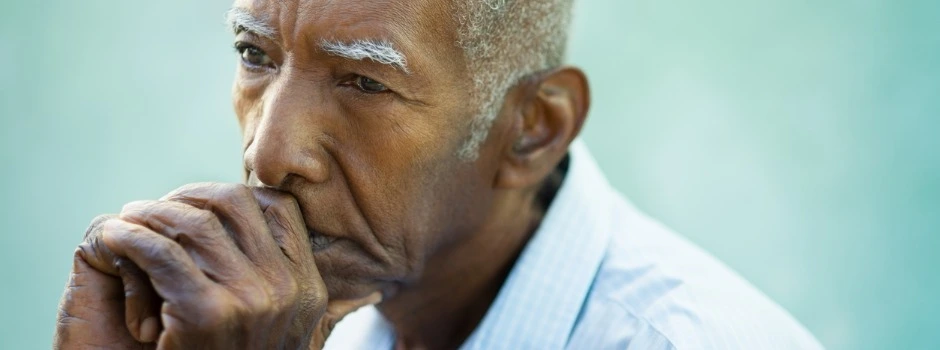35 Years, 35 Ways InnovAge Changes Lives
For our 35th Anniversary, We Celebrate Care by the Numbers.
InnovAge is proud to reach an important milestone: 35 years of empowering seniors to age independently in their homes and communities.

September 26, 2022
For our 35th Anniversary, We Celebrate Care by the Numbers.
InnovAge is proud to reach an important milestone: 35 years of empowering seniors to age independently in their homes and communities.
H0613_30220_InnovAgeWeb_CMSApproved_07_31_2023_H1239_30220_InnovAgeWeb_CMSApproved_07_31_2023_H2368_30220_InnovAgeWeb_CMSApproved_07_31_2023_H3473_30220_InnovAgeWeb_CMSApproved_07_31_2023_H6079_30220_InnovAgeWeb_CMSApproved_07_31_2023_H8655_30220_InnovAgeWeb_CMSApproved_07_31_2023_H9830_30220_InnovAgeWeb_CMSApproved_07_31_2023_H5213_30220_InnovAgeWeb_CMSApproved_08_03_2023_H7366_30220_InnovAgeWeb_CMSPendingApproval_02_10_2024